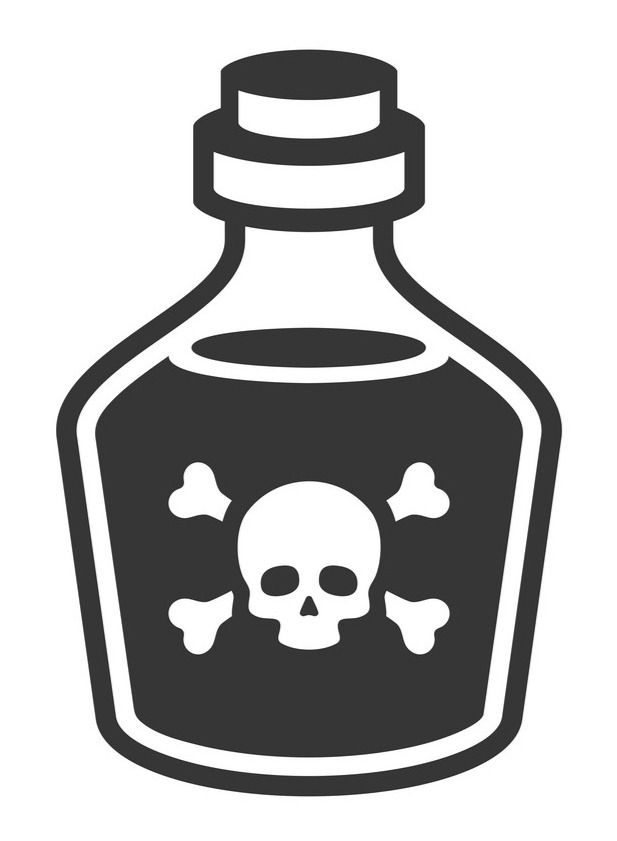How do I get rid of bad breath?
Mouth odour is usually caused by poor oral hygiene and or/dental cavities and sore gums, the latter being a result of malnutrition. Sinus, throat infections, uraemia, dyspepsia and other intestinal disorders may also be culprits.
Bad breath – like body odour – is unnoticeable to the person concerned, but can affect their co-workers, acquaintances, families, as well as their personal relationships.
Most people are embarrassed to tell you that your breath is bad and will usually keep a distance from you while you are talking, or they will avoid you altogether. You may not be sensitive to their behaviour and not realize what the problem is. People usually cannot smell their own breath, though you can check your own condition by cupping both your hands over your moth and nose.
Oral hygiene
Getting down to the nitty gritty of possible reasons for your bad breath, first consider your oral hygiene. Do you brush your teeth after every meal? Do you use floss or toothpicks to clean between your teeth? Meat and protein food particles usually wedge between the teeth and start rotting very quickly in the warm, moist environment of your mouth.
If this is not the problem, have you had your teeth checked recently for cavities, or could your gums be affected by disease which causes a weeping of putrid smelling discharge? Or is it possible that your throat is infected? If you have a sore throat or inflamed tonsils, they could be throwing off soul-smelling toxic substances.
Also, look at your tongue to see if it is clean and pink. A white tongue is a sign of bad health and often gives off an obnoxious odour. Make it a habit to brush your tongue gently each morning, as a part of your teeth-brushing routine. This will take care of any mucus build-up.
After each meal, it is very important to brush your teeth with a soft, small toothbrush. The idea is to get to hard-to-reach areas of your gums, and to brush them gently, inside and out. This massaging action will also help to keep your teeth firm and healthy. It is very important that you discard your old tooth brush every two to three months. Be sure to use chlorophyll mouth wash to rinse your mouth prior to brushing your teeth. It is also advisable to use a mouth was or peroxide to sterilize your toothbrush after each use, making sure to leave it in a cockroach-proof container, identified with your own name or your own colour.
Bowel health
NOW we are far as the throat. If none of the above suggestions are applicable to your bad-breath problem, let’s go down a further step into the stomach. Are you digesting your foods adequately? If you have no trouble in this department, let’s go down another step into the long, sausage-like small intestine, usually about seven metres long. If you are having the wrong types or combinations of foods and drinks, the small intestine may be clogged with toxins.
If you are allergic to gluten, you may have a condition called coeliac intestinal disease. Large numbers of people are not aware that they have a gluten allergy. This means that you cannot tolerate any wheat, rye, oats and barley products, and your body reacts negativately in a great variety of ways, including bad breath.
The last step down is the large intestine. It resembles a large sausage, two-and-a-half metres long. This is the last stop for all the foods you have eaten and digested, which now waits to be expelled as waste (faeces). Faeces which has an unusually bad odour, may be an indirect symptom of bad breath.
The problem with upper bowel disorders such as coeliac intestinal disease, and lower bowel problems such as constipation, is that tehy can create a whole array of effects which reflect back in the body. Sluggish or inefficient digestion and metabolism will certainly be oe of these problems, leading to – amongst many other things – bad breath.
Things to avoid

- Constipation
- Biscuits
- Cakes
- Chocolates
- Coffee
- Ice Cream
- Patries
- Pies
- Pizza
- Reduce bread and all wheat products and alcohol
- Quit smoking
- Avoid animal fats
- Reduce lean meat intake
- All processed meats
- Sausages
- Bacon
- Pickled and cured meats.
- Garlic Bread
- Soft Drinks
- Sweets
- All cheese including blue vein
Essential Foods
Vegetables: Aniseed, basil, mint, tomato, broccoli, capsicum, ginger, green leafy vegetables, parsley, green sprouts, watercress, celery, potato, parsnip, kohlrabi, celeriac root, zucchini, carrot, beet root, sweet potato, green bean, green papaya, spinach.
Vegetables juices: Beet top, carrot, celery, cucumber, parsley, spinach, watercress, wheat grass.
Fruits: All kinds of berries, apple, cherry, grapefruit, grape, mango, nectarine, orange, peach, pear, pineapple, ripe papaya.
DRIED FRUITS: Prune, fig, pear, peach, apple, sultana.
Liquids:
TEAS: Basil, cinnamon, fenugreek, ginger, peppermint, mint, dill, green tea.
WATER: 1 glass of filtered water every hour during daylight is essential.
Other remedies
Keep food combinations simple.
Check with dentist for cavities.
Use dental floss and inderdem tooth picks daily.
Use chlorophyll mouth wash daily.
Brush teeth and gums after every meal.
Liquid chlorophyll, 1 tablespoon in water upon rising.
Vitamins, Minerals and Herbs
VITAMINS: A, B complex, B1, B3, B6.
MINERALS: Magnesium, Zinc, Calcium, Dolomite, Charcoal Tablets.
HERBS: Alfalfa tablets, green barley leaf powder, slippery elm powder, spirulina.
DIGESTIVE ENZYMES: Bromelain, papaya enzymes, lactobacillus acidophilus – bifidobacterium.
